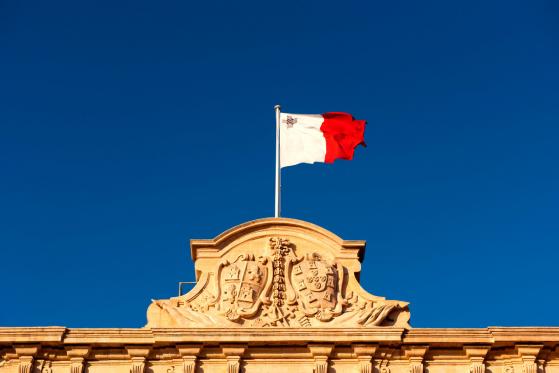The Maltese Parliament passed three cryptocurrency and blockchain bills into law on Tuesday, thus becoming one of the most attractive places for blockchain startups. The bills were proposed by Silvio Schembri, Parliamentary Secretary for Financial Services, Digital Economy and Innovation, and were passed with unanimous votes.
The new laws regulate initial coin offering (ICOs), cryptocurrencies, and the businesses practices for launching a crypto-oriented company in Malta. Schembri tweeted after the parliamentary vote:
https://twitter.com/SilvioSchembri/status/1011676472875081729
The three bills are as follows:
- The Virtual Financial Assets Act (VFA) – This law touches upon ICOs, which are a new form of fundraising. The law stipulates that startups looking to conduct ICOs have to come up with white papers that describe in detail the whole project, a practice that is currently followed by most startups. Also, ICO firms will have to publish their financial history.
- The Malta Digital Innovation Authority Act – the second law regulates the crypto and blockchain market and sets up a new regulatory entity called the Malta Digital Innovation Authority (MDIA). The body will be led by a Board of Governors and a CEO. The first CEO of the new authority is Stephen McCarthy.
- Technology Arrangements and Services Bill – the third law discusses the registration and licensing procedures for blockchain service providers. It also addresses the registration of a crypto exchange on Malta’s territory. Crypto watchers hope that this law will attract major crypto exchanges from around the world.
Malta has been known as an ideal destination for crypto and blockchain startups even before these bills were passed into laws. Several major players in the industry, including Binance and OKEx, have established offices in Malta.
At the beginning of this month, we reported that Malta was running with its blockchain trial for credentials. If the experiment succeeds, it might be extended at the national level to reach all areas of the education system and let the 400,000 residents store their educational records on a blockchain platform.
This article appeared first on Cryptovest
